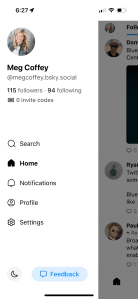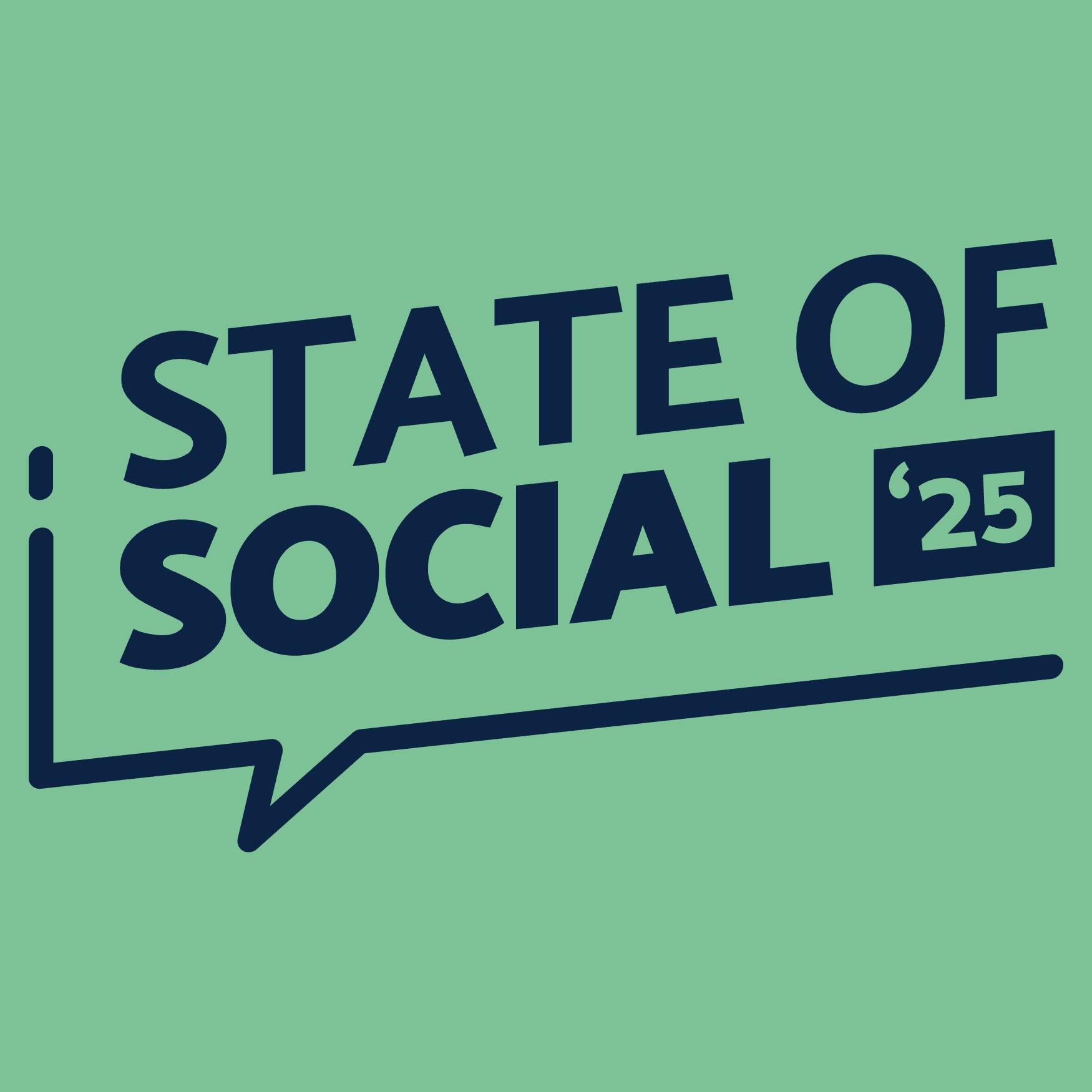The (blue) sky is the limit
Bluesky is aiming to make “social networks work more like emails, blogs, or phone numbers.”
Social media has become a massive part of our lives, and we’ve become comfortable sharing our thoughts, ideas, and just about every other aspect of our lives online for all to see.
However, this casual transparency has raised concerns over data privacy, censorship, and platform monopolies, which has led to a new wave of “decentralised social media platforms” popping up online.
Bluesky aims to be one such platform.

So, what actually is Bluesky?
First announced in 2019 by former Twitter CEO Jack Dorsey, Bluesky is attempting to find a new way for social networks to work that is more open and free. They want social media to work like email, blogs, or phone numbers, which are systems that are open and not controlled by one company.
Bluesky has created a new system called the AT Protocol. The AT Protocol lets social media work like the early days of the web, where anyone could make a blog or use RSS to subscribe to multiple blogs. Bluesky aims to try new things and make social media better.
Ahhh… a social media startup aiming to make the world a better place. We certainly haven’t heard that before, and it’s definitely never gone wrong!
On the surface, it appears that Bluesky has pure intentions; however, only time will tell how pure those intentions remain, especially when things like shareholders and advertising gets involved. Remember when Facebook didn’t want to have ads? Yeah, us, too.
How do I sign up to Bluesky?

Currently, the best way to sign up for Bluesky is to get an invite code from someone already on the platform. While an invite code from an existing user is the fastest way to get on the platform, it still might take some time for you to be approved.
Note: Currently, you only get one invite for every two weeks you’re active on the platform. You can find your invite codes beneath your follower count in the sidebar menu.
However, if you’re interested in staying up to date with the latest news and developments about Bluesky, you can follow the official Bluesky Twitter account (they don’t have a checkmark, so you’ll have to trust us) or sign up for their email newsletter.

If you’d like to try the public beta before Bluesky launches to the public, you can join their waitlist.
How does Bluesky work?
Short answer: just like Twitter. Tweets are called Skeets. ReTweets are Reposts. And the user experience is exactly the same.
What about the long answer?
Like seemingly everything today, the Bluesky protocol will be based on blockchain technology, which provides a transparent and decentralised way to manage data.
If that makes zero sense to you, you’re not alone.
Unlike traditional social media platforms, where user data is stored on centralised servers owned by the platform, Bluesky would store user data on a distributed network of nodes. This means user data would be more secure and less vulnerable to hacking or data breaches.
Another key feature is its emphasis on user control and privacy. Users would have more control over their data and how it is shared, with the ability to choose which platforms or apps can access it. Additionally, the platform would provide a way for users to verify their identity and establish trust with others on the platform, which could help reduce the spread of fake news and misinformation.
A social media platform promising it won’t steal your personal data and sell it to the highest bidder? Where have we seen this before? Oh right! Just every social media platform has existed!
What does it look like?
Remember earlier in this post when we said the user experience is exactly the same as Twitter? Well, we weren’t being facetious.
Take a look at some of the screenshots below, and let us know if you can tell the difference between the platforms.


Final thoughts
Overall, Bluesky Social represents an exciting development in the world of decentralised social media. By creating a new protocol that is open, decentralised, and focused on user control and privacy, Bluesky has the potential to revolutionise the way we use social media.
But do these buzzwords like “decentralised” and “blockchain” really mean anything?
While the platform is still in development, it will be interesting to see how it evolves in the coming years and how it could impact the broader social media landscape.
Enjoyed this article? Enter your email below for social media tips & tricks delivered to your inbox every Monday morning.








LET’S CONNECT